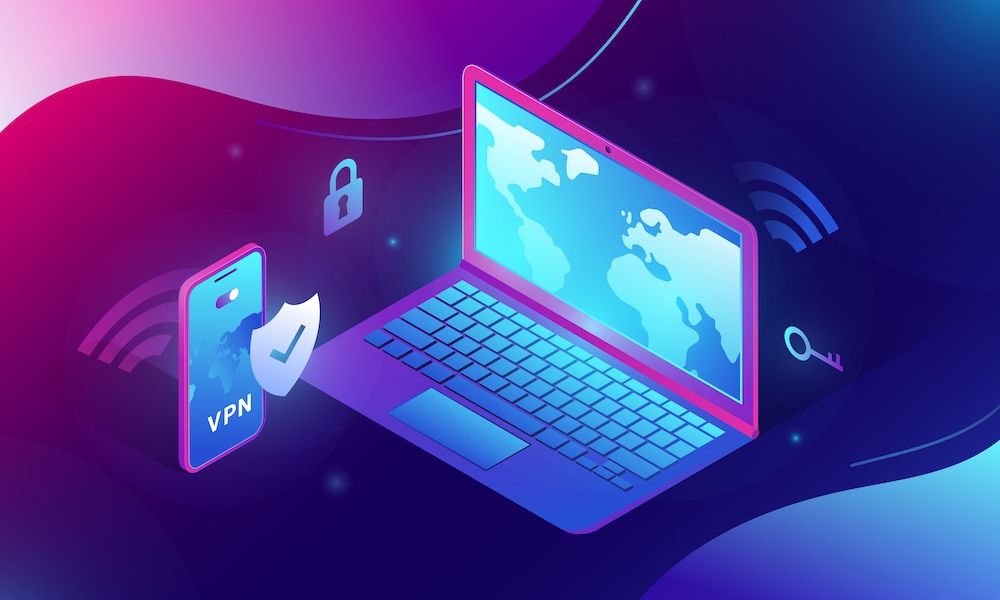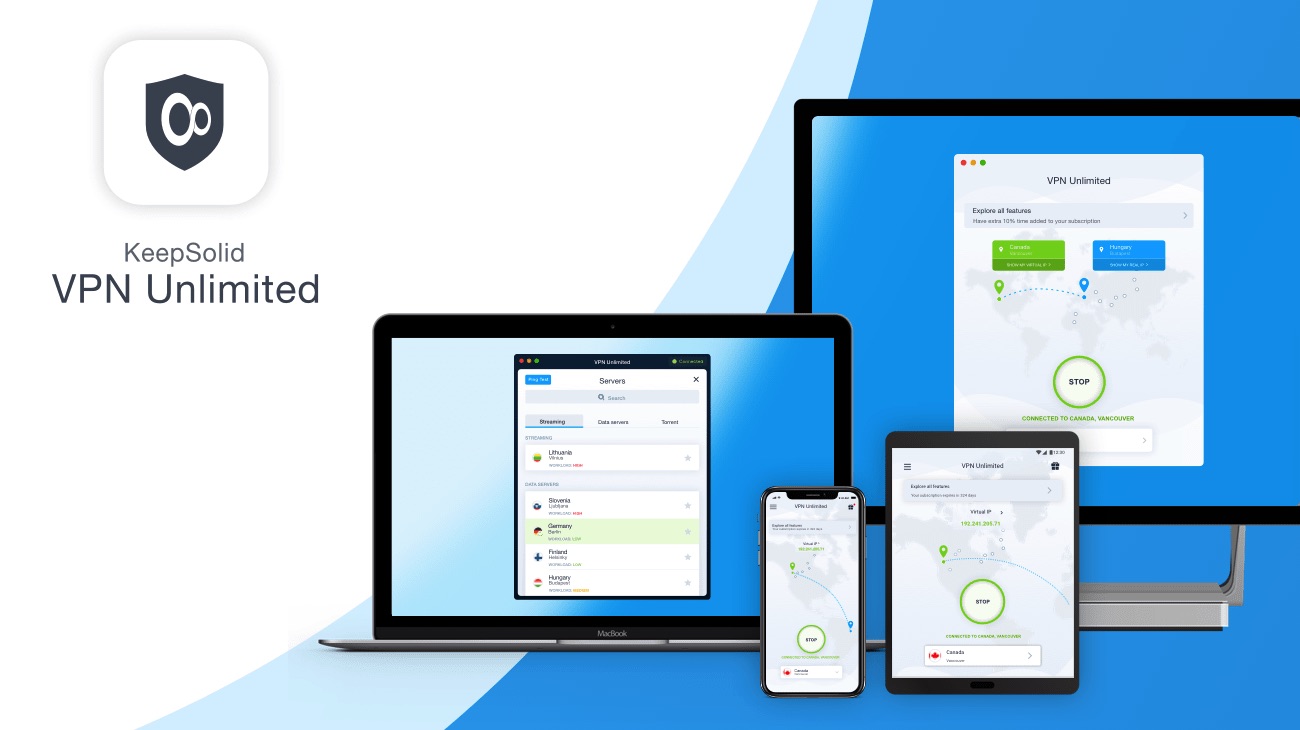Amid the Largest Data Breaches in History, 2019 Is the Year of the VPN
 Credit: Ksenia Zvezdina / Shutterstock
Credit: Ksenia Zvezdina / Shutterstock
Toggle Dark Mode
It’s an unfortunate reality that despite the advances being made by IT security experts, the number of data breaches and hacks in 2019 prove that your data is incredibly valuable and vulnerable.
And even if you’re the rare sort of person that creates secure and unique passwords across all of your accounts, updates your software vigilantly, and uses antivirus solutions, the issue isn’t just following digital security’s best practices. It’s the entire digital landscape that we live in.
So the question becomes, exactly how compromised is your data?
Billions of people have already experienced their personal information being leaked in one way or another. And it’s not just in the U.S.
Hacks have been happening all over the world across massive databases that encompass millions of users each — and the information that’s exposed can often include your phone number, usernames, passwords, photos, addresses and even your medical records.
Your Personally Identifiable Information (PII) is understandably sensitive because it can contain information that not only compromises your safety and privacy but also can result in an identity crime, with effects that can be felt for months and years. Ahead, we’ll dive into some of the worst data breaches of 2019 so far.
Recent Security Breaches
Collections #1-5: Approximately 3 billion users compromised
This megaleak was discovered through a hacking forum: a collection of compromised data from several other breaches was shared through several links containing the addresses and passwords from more than 2,000 previous hacks. So far, it’s the largest selection of compromised data ever, containing breaches from Yahoo, LinkedIn, Dropbox and more.
Cloud service leak: 2.3 billion files
This leak was discovered in May, when researchers from the Photon Research Team at Digital Shadows saw that 2.3 billion files were accessible online due to configuration errors. That means the data was public across data-sharing and cloud services, online storage services and companies’ servers — including medical scans, credit card details, payroll files, intellectual property patents and at least 11 million photographs, many of them medically private images.
Facebook, WhatsApp, and Instagram: 2.1 billion users
Of course, if you’ve been paying attention to the news over recent months, you know that Facebook and Instagram both got into hot water for collectively being responsible for 2.1 billion users’ data getting breached or leaked. This was due to third-party Facebook app developers storing user data entries on unsecured Amazon Web Services (AWS) servers.
Then, Facebook-owned WhatsApp was compromised — hackers found and exploited a security flaw that left its users vulnerable to spyware, meaning the app’s 1.5 billion users all could have been exposed.
Then, nearly 50 million Instagram users became accessible on an enormous unsecured online database, revealing the emails and phone numbers of high-profile users like celebrities, brand accounts and influencers.
Internet of Things, Orvibo: 2 billion records
At the beginning of July, researchers from vpnMentor discovered that a user database belonging to a Chinese company called Orvibo was left completely open and accessible online. Orbivo runs an Internet of Things management platform with a database that contained more than 2 billion logs. Those logs include users’ passwords, email addresses, geolocation details and even worse, reset codes — meaning hackers could then lock out users from their accounts indefinitely.
Gnosticplayers: 1 billion+ accounts
Gaining notoriety is a hacker called Gnosticplayers, who’s been responsible for placing batches of hacked data on a darknet website called Dream Market since mid-February. He’s responsible for stealing 1.071 billion credentials from 45 companies, including users’ full names, email addresses, passwords, location data, social media pages and more.
Amongst the affected companies was Canva, a cloud-based design platform that spotted the hacker and closed their server, but not before he managed to steal 139 million users’ data, including login information, real names, addresses and more.
How a VPN Will Help
In the face of such a grim environment, it can be difficult to suss out where a solution could potentially exist. Fact of the matter is, we use the internet on a daily basis — whether that’s for work, entertainment, communication or research — it’s not really an option to stop using it altogether.
Hacks and breaches don’t just happen to large and established companies. They happen to government and healthcare services like the Los Angeles County Department of Health Services and the Maryland Department of Labor — and even outpatient and recovery clinics like Steps to Recovery. Popular games played by children and teenagers like Fortnite have also been targeted.
In the face of all the evidence, it’s clear that it’s important to use a VPN (Virtual Private Network) to secure your internet usage in realtime. It’s the first step of online defense. A VPN won’t protect users from massive online data breaches, but it can protect your important data from being harvested as it moves through the internet.
In case you’re not sure what a VPN is, it’s essentially a system of privately hosted servers that encrypts your internet connection. A way to think of it would be like an invisibility cloak thrown over you — while that cloak is on, your internet connection appears as though it’s coming from somewhere other than your IP address. It also scrambles your activity with encryption — so whether you’re completing a credit card transaction, scouring the web for the most recent shows of your favorite band or looking up an address — all that information stays private.
VPN Unlimited by KeepSolid is one of the best VPNs out there: it’s a reliable solution that protects your data whether you’re connected to a public or private Wi-Fi connection. Trusted by more than 10 million customers globally, KeepSolid VPN Unlimited is a great option for personal cybersecurity. You get access to a wide range of VPN servers with 70+ locations globally to choose from, including the USA, the UK, Canada, Australia and Hong Kong.
There’s no speed or bandwidth limits so that you can surf without speed restrictions across a variety of VPN protocols, like IKEv2, OpenVPN and KeepSolid Wise.
It also conveniently gives you access to streaming services like US Netflix, BBC iPlayer, Hulu, ESPN+ and HBO Now while you travel and improves your browsing experience with features like Trusted Networks, Ping Tests and Favorite Servers. And if you ever get stuck, you can utilize their 24/7 customer support. Get it here for $59 — that’s 88% off the original price of $499.99.
We may earn a commission from affiliate links. Continue Below.







